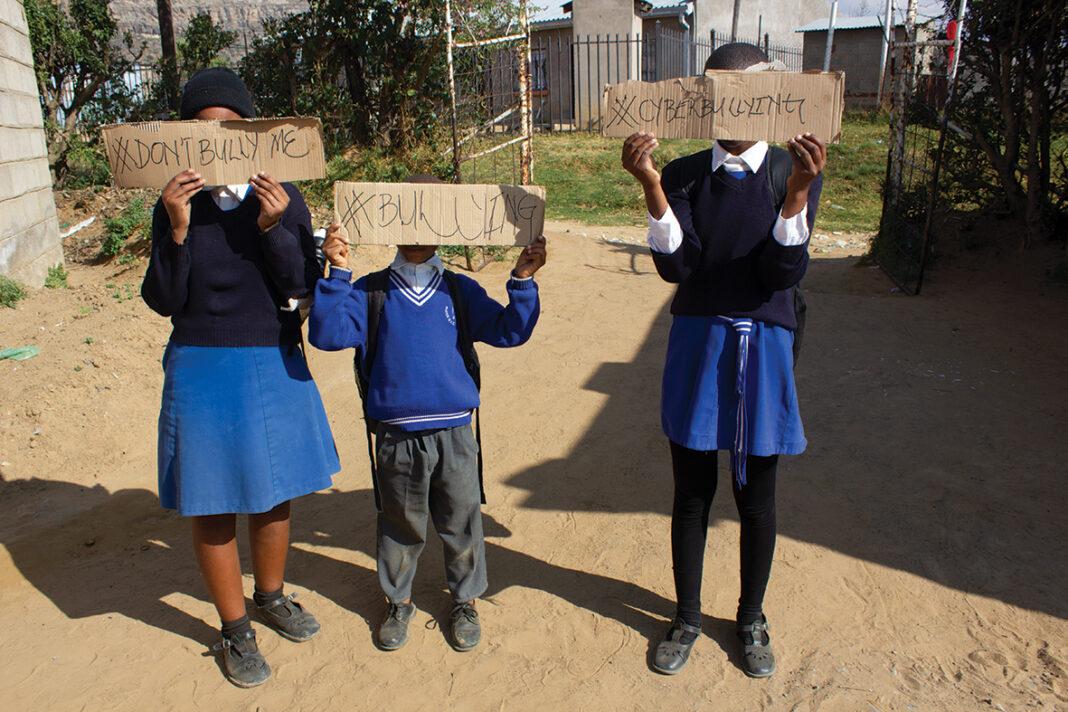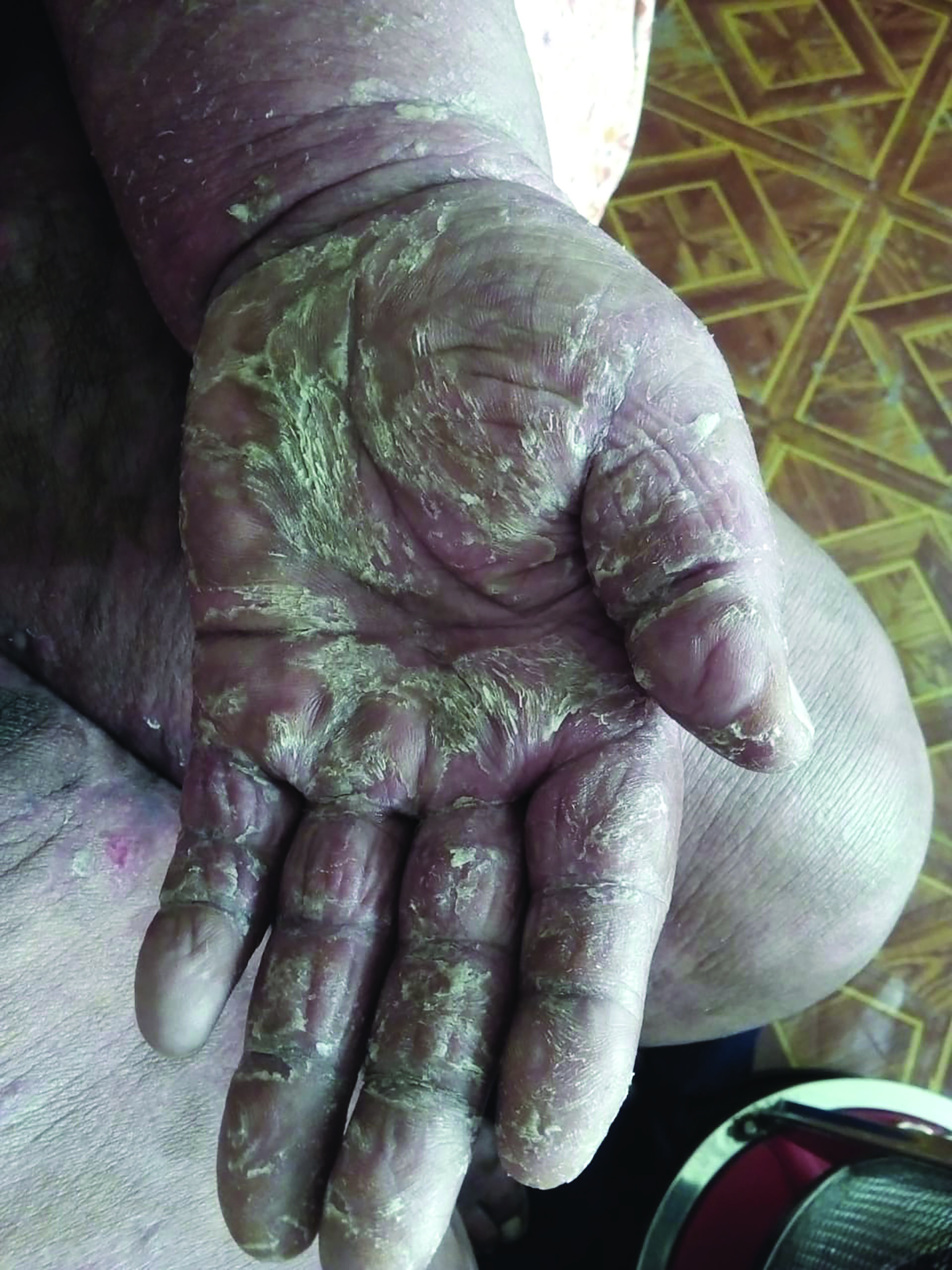Motsamai Mokotjo
“I thought friends were supposed to make you feel better, not worse,†says 14-year-old *Lindy, her voice trembling and tears rolling down her cheeks as she recounts her ordeal.
“But when I logged onto my social media accounts, I did not feel better; I felt like I was drowning,†she told Newsday last week.
Lindy’s story is sadly not unique.
She is one of countless children who have fallen prey to the insidious world of online bullies. Her journey began innocently enough with a seemingly harmless comment on a picture she posted on Facebook on November 25, 2022, sharing moments from a family vacation.
Little did she know that this would mark the start of a digital nightmare that would haunt her for months.
The tormentors started by attacking her appearance, mercilessly mocking her for her skin color and body size. They did not stop there; they went after her intelligence and even her hobbies, such as swimming and watching movies.
Lindy showed this reporter, in the presence of her mother, ‘Mathabo, Facebook messages that included vulgar and disturbing content.
“I want to f**k you baby†and “I can f**k you till you fall since you like vacations,†some of the messages read.
What should have been a platform for sharing her life and connecting with friends had morphed into a breeding ground for cruelty and torment.
Lindy’s self-esteem plummeted, and she withdrew from her friends and family.
Her once radiant personality began to wither away, replaced by loneliness and despair. The relentless barrage of hurtful comments and messages took a severe toll on her mental health, pushing her to the brink of despair.
“I felt so alone,†she shared, tears streaming down her face. “It was like they were constantly whispering in my ear, telling me I was worthless.â€
Rethabile Evodia Tsephe, an independent researcher associated with the Global Foundation for Cyber Studies and Research, emphasised the importance of recognizing red flags when children are being bullied.
“When someone is being bullied or cyberbullied, there are often changes in moods, less interest in interacting with friends, isolation,†said Tsephe.
“Changes in appetite, sleep patterns, and emotional state. If you suspect your child is being cyberbullied, track their online activities, including their conversations. Be observant of their behavior after or during their online interactions.â€
As technology evolves, parents and educators must stay informed about emerging cybersecurity trends and tools to better safeguard children from online bullying and harassment.
Tsephe stressed the significance of parental control as a crucial tool. “Parents need to be familiar with the required age for children to have a social media platform,†she advised.
In response to the growing concern over cyberbullying, the Lesotho government has proposed the Computer and Cybersecurity Bill of 2023, aiming to combat online bullying by imposing strict penalties.
The bill proposes a fine of M500,000 ($26,407.50) or three years in prison, or both, for offenders.
Khiba Masiu, the Director of the Ministry of Communications, Information, and Technology (ICT), highlighted the government’s commitment to creating a legal framework to protect children online.
“We are working to sensitise kids and the public about this law,†Masiu stated during the Cybersecurity and Computer Crime workshop held in Maseru last week.
Lindy’s story underscores a grave and pervasive issue: cyberbullying.
The internet, once celebrated as a tool for connection and sharing, has taken a dark turn for many young individuals who fall victim to online harassment.
Cyberbullying extends beyond hurtful comments and offensive messages; it can also involve the unauthorised sharing of embarrassing photos, videos, or personal information.
The anonymity provided by the internet emboldens bullies, making them feel invulnerable as they torment their victims from behind a screen.
Parents, guardians, schools, and technology companies must unite to address this invisible menace. Schools must educate students about the consequences of their online actions and foster an environment where victims feel safe reporting incidents.
Counsellors and mental health professionals should be readily available to help those affected by cyberbullying cope with the emotional trauma it can cause.
Social media platforms and technology companies should take a stand against cyberbullying by implementing stricter policies and effective reporting mechanisms, in addition to providing resources for parents and guardians to monitor and safeguard their children’s online activities.
Lindy’s story reminds us that the digital world, while full of potential for connection and growth, also harbors threats with devastating real-world consequences.
Cyberbullying is a problem that cannot be ignored or taken lightly; it requires a collective effort from parents, schools, and technology companies to protect the vulnerable and ensure that no child has to endure what Lindy went through.
With an emotional and saddened face, while her mother gave her a hug, Lindy concluded: “My friends should not ever have to feel as alone and helpless as I did during those dark days online.â€
Note: Lindy and Mathabo’s names in the story are hidden due to the sensitivity of the topic. This story was sponsored by Media Monitoring Africa (MMA).
Summary
- Her journey began innocently enough with a seemingly harmless comment on a picture she posted on Facebook on November 25, 2022, sharing moments from a family vacation.
- The relentless barrage of hurtful comments and messages took a severe toll on her mental health, pushing her to the brink of despair.
- Khiba Masiu, the Director of the Ministry of Communications, Information, and Technology (ICT), highlighted the government’s commitment to creating a legal framework to protect children online.

Your Trusted Source for News and Insights in Lesotho!
At Newsday Media, we are passionate about delivering accurate, timely, and engaging news and multimedia content to our diverse audience. Founded with the vision of revolutionizing the media landscape in Lesotho, we have grown into a leading hybrid media company that blends traditional journalism with innovative digital platforms.










